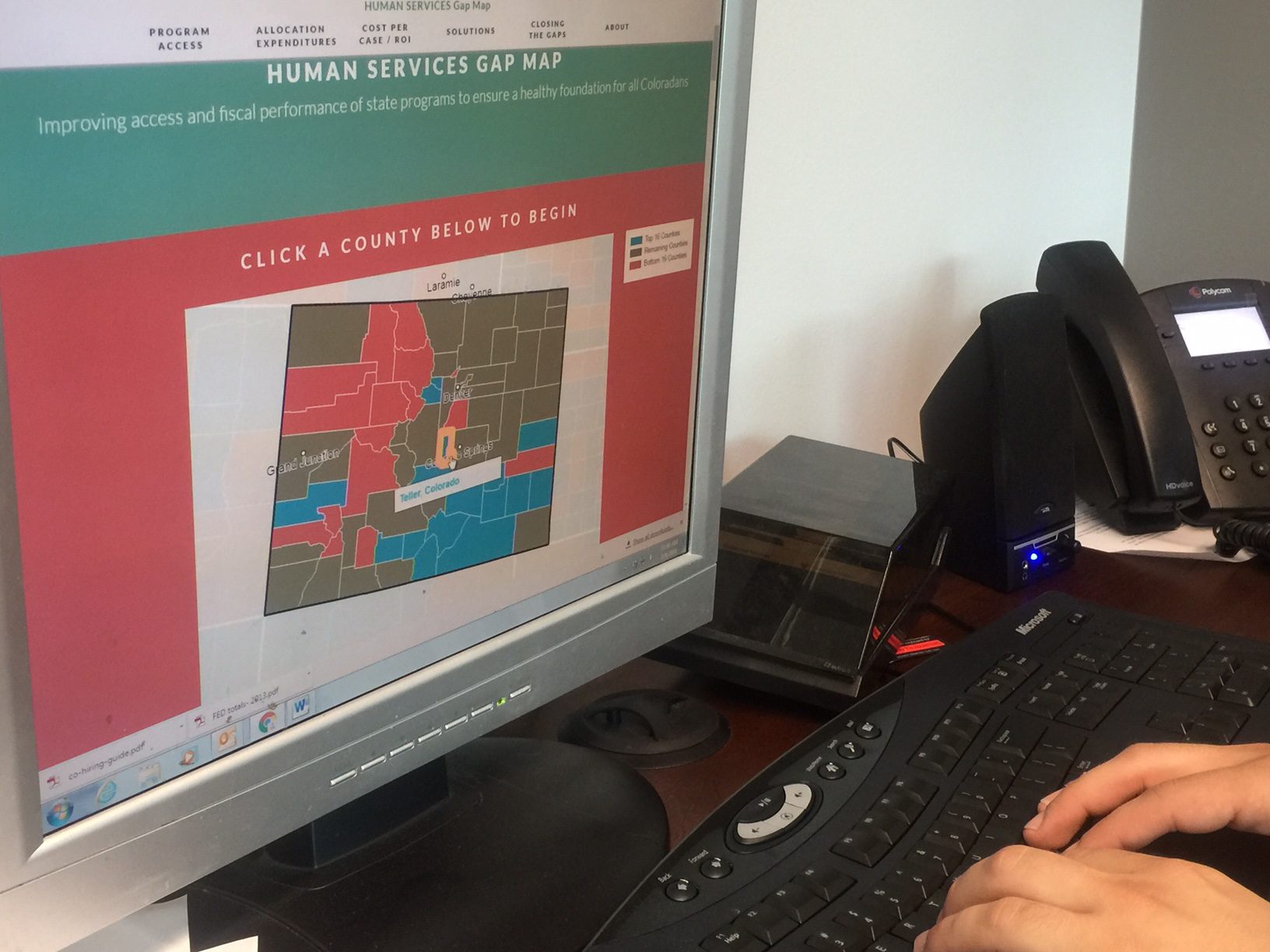Charles Brennan provided testimony in support of House Bill 24-1129, Protections for Delivery Network Company Drivers. CCLP is in support of HB24-1129.
Recent articles
CCLP testifies in support of TANF grant rule change
CCLP's Emeritus Advisor, Chaer Robert, provided written testimony in support of the CDHS rule on the COLA increase for TANF recipients. If the rule is adopted, the cost of living increase would go into effect on July 1, 2024.
CCLP testifies in support of updating protections for mobile home park residents
Charles Brennan provided testimony in support of House Bill 24-1294, Mobile Homes in Mobile Home Parks. CCLP is in support of HB24-1294.
CCLP’s legislative watch for April 5, 2024
For the 2024 legislative session, CCLP is keeping its eye on bills focused on expanding access to justice, removing administrative burden, preserving affordable communities, advocating for progressive tax and wage policies, and reducing health care costs.
Mapping Colorado’s human-services landscape

Human-service programs ensure that Colorado communities have the building blocks for a prosperous future, such as food, health care, child care and financial assistance. But not all Coloradans who qualify for these essential programs get the assistance they need.
Funded by various combinations of state revenue and federal dollars, Supplemental Nutrition and Assistance Program (SNAP), Women, Infants and Children (WIC), Colorado Child Care Assistance Program (CCCAP), Colorado Works (Colorado’s TANF program) and Medicaid all provide resources so that Coloradans get support to maintain a solid foundation throughout their lives.
But according to the newly released Human Services Gap Map, these programs aren’t reaching many people who could potentially benefit from them.
Developed by a group of Colorado nonprofit organizations working to align human service programs, the Human Services Gap Map provides a window into how effectively Colorado counties are delivering the basic building blocks needed for lifelong health and well-being. It lets stakeholders identify which counties are performing well and explore the factors influencing that performance.
Using the most current fiscal, administrative and census data available, the Human Services Gap Map offers a county-by-county comparison of enrollment, funding levels and costs for SNAP, WIC, CCCAP, Colorado Works and Medicaid.
The project was led by Colorado Center on Law and Policy with support from The Bell Policy Center, Colorado Consumer Health Initiative, Colorado Covering Kids and Families, and Hunger Free Colorado. CCLP gathered and analyzed current data, and worked with partners to develop content.
Key features of the dashboard include:
- Caseload data for each program by county with estimates of how many people may still be eligible for these basic needs programs.
- Fiscal data displaying how taxpayer dollars are spent on these programs, as well as benchmarks for efficiency.
- Performance data for programs funded by federal block grants and analysis tools for determining the true costs of serving eligible families.
Here are some findings that we think are worth noting:
* There is a significant gap between the people who are eligible for basic-needs programs and those who actually get assistance in many counties throughout Colorado. Some counties have a much larger gap than others. The size of a gap might signify a missed opportunity to meet residents’ needs or more efficiently use available resources.
* Some counties are spending more than what the state provides in funds for human-service programs while others are under-spending such funds. Overspending may indicate that a county needs additional state funds to support its residents while counties that under-spend might be leaving money on the table that could help people in their communities.
* Federal block grants used to fund CCCAP and Colorado Works are falling far short in providing necessary services to help Coloradans build strong foundations for health and well-being. In fact, even if counties spend 100 percent of their allocations in these programs, they can seldom help even half of all eligible families in their communities.
It’s imperative to promote and align key human-service programs to support the health and well-being of low-income Coloradans and ensure that they can meet all of their basic needs. This project is intended to foster transparency, accessibility and efficiency.
The project began coming together in 2015, when a national organization provided Hunger Free Colorado with funding to collaborate with other organizations to improve access to and the effectiveness and integration of core health and work-support programs in Colorado.
Together, with CCLP, The Bell Policy Center, Covering Kids and Families and the Colorado Consumer Health Initiative, they developed a data dashboard that melds the particular subject matter and population focus for each organization.
CCLP and its partners hope the Human Services Gap Map will be an important and useful tool for helping administrators and decision-makers improve the effectiveness and integration of these programs.
– By Bob Mook





